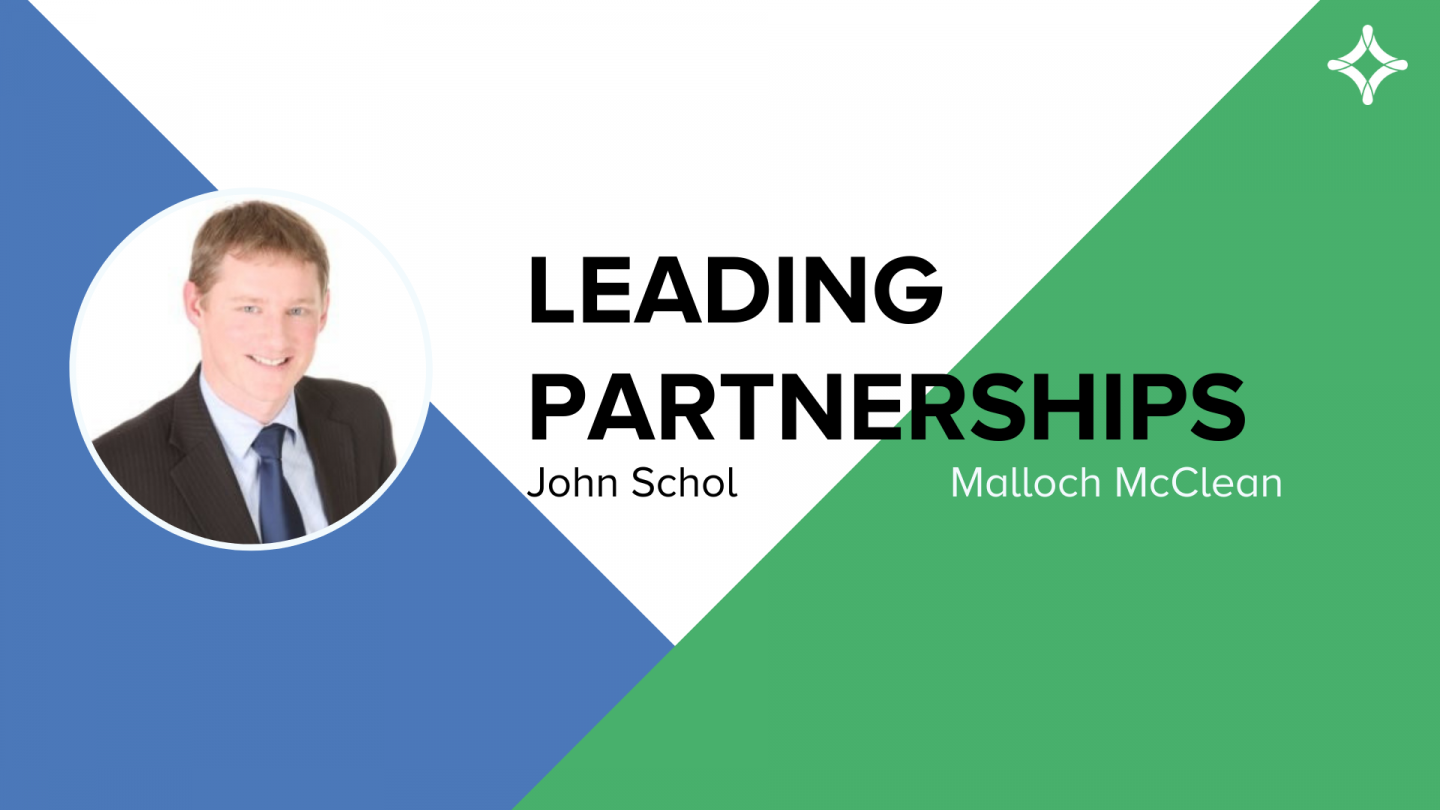By Admin
Malloch McClean has always been a progressive firm. It was established in 1933 when Mr Malloch set off on his bicycle around the countryside talking to farmers about the impending introduction of depreciation and the need for double entry accounting. He went on to author books about farm accounting that would influence a generation of accountants, economists and students.
Joining in 1939, Mr McClean introduced the theme of continuous innovation, which included the acquisition of one of the first computers to be used by an accounting firm in New Zealand (requiring its own room). He went on to hold directorships in numerous organisations including the Reserve Bank of New Zealand.
It’s not surprising then that they’re still on what Managing Principal, John Schol, calls ‘a journey’, with a vision to deliver an accounting firm that remains fit for the future.
John started as a graduate at Malloch McClean in 1999. After a stint in the UK, he returned to his roots, working through the practice to become a partner in 2009. His role is twofold, he leads the practice in bringing its strategic plan to life, and spends the rest of his time helping clients do the same for their business.
If you ask John about the work they do at Malloch McClean, he won’t talk a lot about accounting. Instead they are, he says, a firm who is in the business of securing family futures, by creating smarter, better businesses for each of their clients.
And John is an advisor who is committed to practicing what he preaches. While he mentors other professional services, businesses, farmers and even other accounting practices to create businesses driven by purpose, value and vision, it’s evident that this approach is what drives Malloch McClean, too.
It’s through values, John explains, that you can get team buy in. When you can align the company vision with individual roadmaps, then you’ll have everyone working in the same direction to bring it to life.
“We have Malloch McClean values on the wall in every room in our office. We also have a daily huddle, where we individually speak into what piece of the culture card we each lived into the day before. As a leadership group, we identify and reward behavior that lives into our values. It’s the basis for our job descriptions and performance appraisal and coaching.”
When there are problems, team members are encouraged to approach them through their culture card. “We ask: what core values does it live into, and we use them as a filter for decision making. We’ve found that it then becomes second nature to make decisions or resolve challenges based on the core values.”
In his strategic planning sessions with clients, John talks about the Big Three: having a plan, having regular reporting and accountability coaching, and having a budget. “One of our values is congruence - demonstrating to our clients that all the things we are telling them, we’re doing too. So we also have a written plan, we also get business coaching, and we’re also accountable to our goals”.
For the last four or so years, the firm’s focus has shifted towards providing business development advice. When they moved into new office premises, the firm saw it as an opportunity to also redesign the way they worked. With room for workshops, spaces to sit on a couch, rather than at a boardroom table, and cloud technology making their people more mobile, it was a chance to also reimagine the conversations they have with their customers.
“These conversations are new for some of our clients. We’re not just an advisor to them anymore, we’re a coach and a mentor. We hold educational events for our clients, around succession, motivating your team, or goal setting”, John explains. “We realised that our clients were good at what they do - they have a technical skill, a trade or a degree - but no one teaches you how to run a business. That’s why we wanted to focus on helping them achieve a good business mind, and mitigate risks”.
This also includes farming businesses. Malloch McClean have an agribusiness focus, and offer accountability coaching for farmers, financial awareness coaching, and help to prepare business plans. John says that with focus on efficiency and productivity in farming, creating a ‘smarter, better business’ has never been more relevant.
“The debt funnel is full, banks are looking to different criteria around what success looks like, so we’ve got to create more leverage through the farming asset. Figured and Xero are a good catalyst for these conversations. But data is just data. You need context, and we also need to bring action to the intentions that our clients have. So that’s where education and accountability piece comes in.”
When John and his fellow Directors sat down four years ago to discuss their strategic vision, they were committed to finding a new way of doing business that kept them ahead of disruption, and helped them remain a key partner to their customers.
John says theirs is a journey that’s evolving over years. The point is, they’re taking action. “We’re building capability into the team. We want to have people who see beyond the numbers, have real empathy with the person in front of them, able to communicate really well and to truly identify where we need to focus on in a customer’s business, so we can add real value. That value might come from us, or it might come from someone we can connect them with.”
So, where is the journey ultimately headed? “We want to be the hub for smarter better business. We want to live into our core purpose and our values. And we want to remain relevant to our customers - for their sake, for our own team’s, and also for the industry. We want to see accounting not just survive but thrive. I’m keen to see the profession evolve through inspiration and innovation rather than desperation, so we need to see disruption as an opportunity. That’s how we’re approaching it. To me, the less crunching of numbers and counting of beans that we have to do, the more time we have for helping people.”

